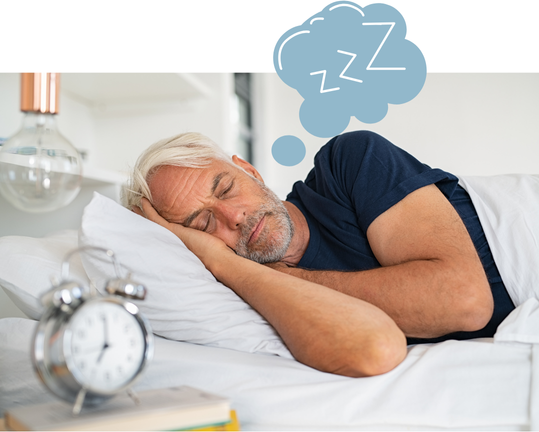Think snoozing is harmless? Think again! That extra 5 minutes might be sabotaging your energy, mood, and productivity for the day. Find out why hitting snooze hurts more than it helps!
We’ve all had that burst of optimism that tomorrow—yes, tomorrow! —will be the day we morph into a morning person. We set the alarm for 6:00 AM, bright-eyed and bushy-tailed at the mere thought of springing out of bed, busting out a workout, blending up a smoothie, and maybe even meditating like some enlightened monk. But when that alarm actually goes off, our grand plan instantly deflates like an overcooked soufflé, and the only thing we feel prepared to lift is a finger to press snooze.
Ah, the snooze button. It’s a magical portal to “five more minutes,” that somehow feels like a comforting safety net, even though we know it’s more like a placebo than an actual sleep remedy. Yet, we press it, fully committed to this ritual as if we’re rehearsing for the Groundhog Day Olympics. It’s almost a game, really—a rather enjoyable one. But as we sink back into this illusion of “extra” sleep, we’re actually bargaining away precious time, setting ourselves up for that delightful combination of grogginess and regret.

What type of Snoozer Are You?
▢ The One-and-Done snoozer hits snooze once & gets up immediately. Such people are doers and dont procrastinate;
▢ The Serial Snoozer needs multiple snoozes (usually three or more). Such people can be complaining personality, uninspired and low on energy all the time.
▢ The Alarm Architect sets a series of alarms at strategically spaced intervals to keep them in bed as long as possible. Such persons are day dreamers, high on stress hormones and irritable.
▢ The Optimistic Snoozer sets an alarm ridiculously early, thinking they’ll have time to read, exercise, or meditate—but instead, they snooze until they’re running late. Such people are over ambitous, undisciplined and inconsistent
Effects on Mind & Body
Snoozing causes **sleep inertia**, leaving you groggy and unfocused for hours, while disrupting sleep cycles, making you more tired overall. Hitting snooze also triggers the release of serotonin, which makes you feel happy or high for a brief moment. However, these feeling fades once the snooze ends, leaving you more irritable and tired. Over time, the imbalance in your hormones caused by snoozing can also lead to irregular eating patterns and digestive issues.
How to Break the Snooze Cycle
To dodge the never-ending snooze cycle, try setting an alarm for a time that’s actually achievable one that doesn’t require you to perform acrobatics just to hit “snooze” without opening your eyes. Start by working on this mysterious thing called “sleep hygiene,” which isn’t about taking your pillow to the dry cleaners, but more about going to bed at the same time every night, creating a cool, dark cocoon, and keeping screens out of reach (yes, even the late-night scroll). By sticking to a routine, your body might just surprise you and wake up all on its own, without any snooze buttons or denial. Imagine that!







